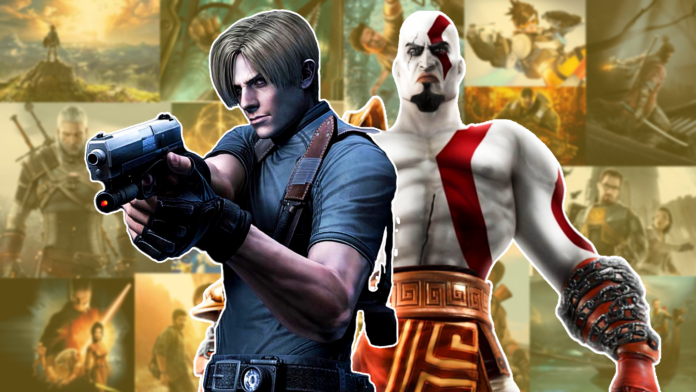2005 was a legendary year for video games. Many of the greatest titles made quite an impact, as a lot of these games are either still talked about today or have carried into the modern era with grace. And seeing how it is now 20 years later, that’s quite an accomplishment. Here are the 10 best games of 2005, according to Metacritic.
Videos by ComicBook.com

Mario Kart DS not only scored well, but it is also the third-best-selling DS game of all time. And it has more than earned that critical and commercial prestige. Its 32 tracks were a mix of old and new, featuring classics like Waluigi Pinball, and even came equipped with online play. This was a first for the series and quite impressive for its time.
It was also the first portable 3D entry, and while that might not stand out now because of Mario Kart 8 Deluxe’s portability, Mario Kart DS is still regarded as one of the stronger installments. It doesn’t even have a gimmick like Mario Kart: Double Dash!! or Mario Kart Wii or take full advantage of the touch screen like its peers — it was just a map — but it’s just a solid all-around racer that defined the platform it was on.
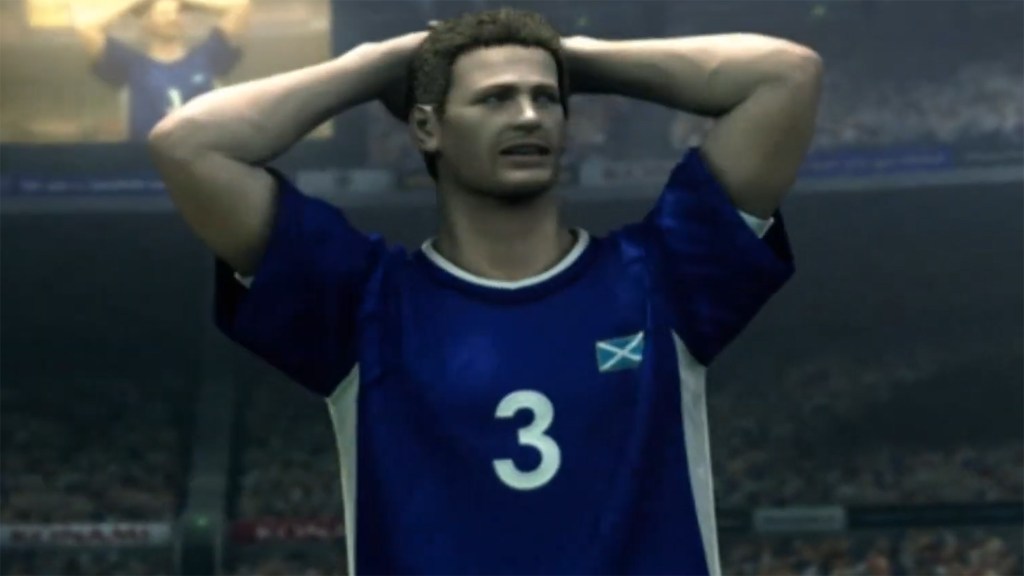
While World Soccer Winning Eleven 8 International released in other territories in 2004 (under the title Pro Evolution Soccer 4 or World Soccer: Winning Eleven 8, depending on the country), this well-reviewed soccer game from Konami made its way to North America in February 2005. This release had expanded its Master League teams, which had more teams and the ability to retire and level up. Konami’s soccer franchise has taken a different form in the modern age — it goes by eFootball now — but this was one of the key installments in its sports games initiative.
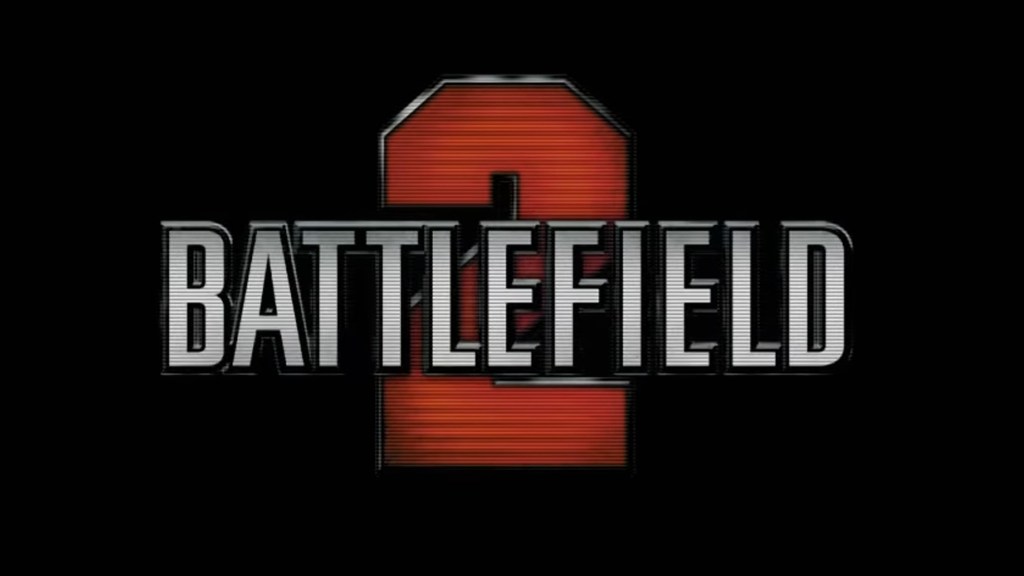
Battlefield has fallen on some hard times as of late, and that’s partially due to how high Battlefield 2 set the standard. This special sequel is the high mark in the series for many, as it added squads and let players feel like they were working together to take down a large enemy force.
Classes were important and encouraged teamwork, which was, again, crucial for getting players to act like a team. Its weapon unlocking and commander systems were also ahead of their time; the former of which is now more or less a standard in the genre. There have been many Battlefield games since, but few, some would argue, were as strong as Battlefield 2.

Even though it didn’t literally birth the rhythm genre that saw players using plastic instruments, Guitar Hero is responsible for its explosive success, especially in North America. This debut album let players jam through 47 songs and live through their fantasy of being a rockstar; a fantasy that appealed to hardcore players and casuals alike.
It was a simple concept but an incredibly novel one and spawned a ton of sequels and spin-offs. These sequels and spin-offs quickly overloaded the market, causing the genre to crash hard enough to never recover afterwards. Like any has-been rocker, Guitar Hero’s best days are likely behind it, but that can’t undo how massive it once was.

Forza Motorsport is one of Xbox’s key franchises, and it all started here. Turn 10 Studios’ debut title struck a balance between simulation and accessibility and gave PlayStation’s Gran Turismo a run for its money. And not only was its racing up to snuff, it also featured car damage in a way that Sony’s franchise didn’t at the time. Turn 10 has iterated on this franchise many times over the last two decades and even created the more arcadey Horizon spin-off series, but the impact the original Forza Motorsport had on both the genre and Xbox cannot be overstated.
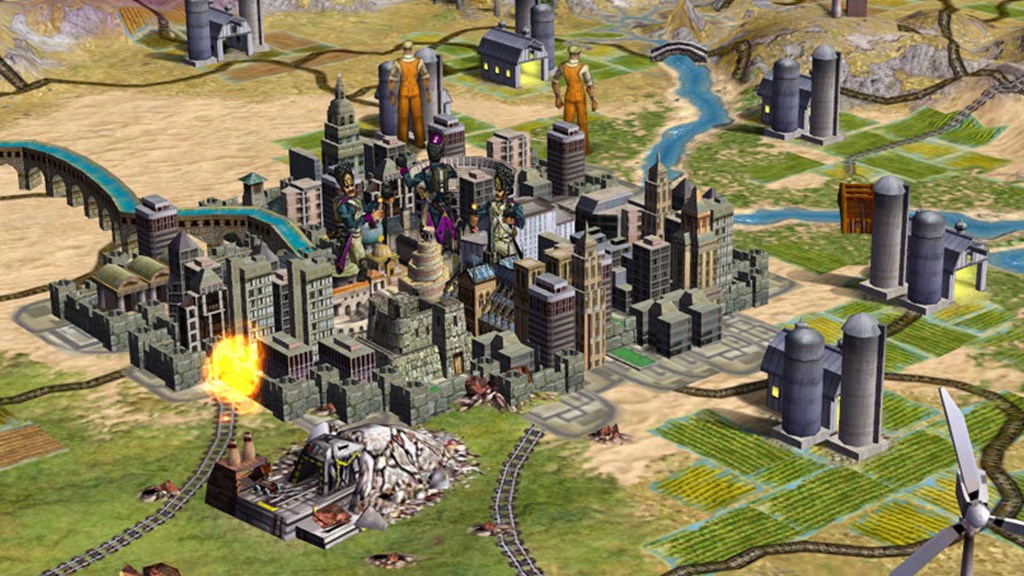
Civilization 4 is like many other titles on this list, in that it was iterated on many times in the future. However, some still consider Civilization 4 as one of the stronger entries because of how it functioned as an ultimate version of the first three titles. Its vassal states, open sandbox, and online multiplayer were lauded, features some players still value to this day. Civ has gone through many changes and some find various entries in the new era to be better, but that still doesn’t completely nullify how important Civ 4 was.

While its influence can still be felt now, God of War was such a bold and inventive take on the action genre at the time. It took cues from Devil May Cry for its brutal, responsive combat but also put a heavy focus on presentation. The levels, bosses, and story were all appropriately epic and outmatched just about every other game on PS2.
It spawned a ton of copycats looking to bask in Kratos’ godly glow, but almost none came close to swiping him off this throne on Mount Olympus. And not only does God of War still hold up for the most part, it serves as an excellent bit of context because of how it demonstrates just how massive Kratos’ character arc is.
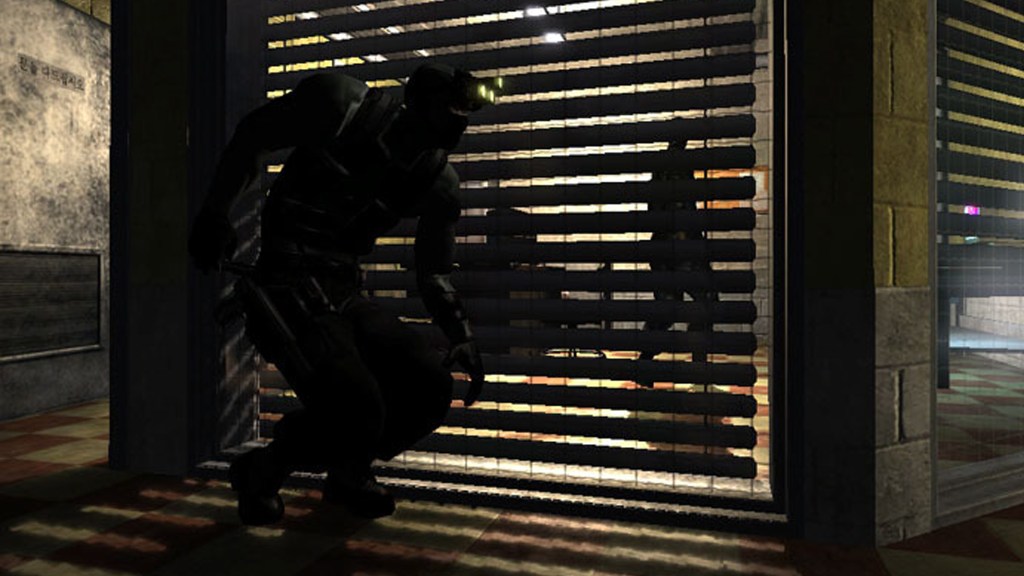
Splinter Cell: Chaos Theory was the ultimate version of the Splinter Cell games from that generation. Chaos Theory featured a bunch of new improvements to the sneaking that made it one of the best entries in the genre at the time. The light and sound meters yielded better feedback, so players could more easily play with the smarter guards in its stealthy sandbox.
Protagonist Sam Fisher is also more versatile this time around, which further gives players more choices in how they play. It isn’t as wide open as more contemporary stealth games like Hitman: World of Assassination and Metal Gear Solid 5: The Phantom Pain, but it’s one of the most well-regarded Splinter Cell games for a reason.

Ninja Gaiden Black isn’t a new game, per se, but it was undeniably still one of the most notable action games of the time. This remixed edition of 2004’s Ninja Gaiden featured more enemies, two new difficulty modes, additional costumes, and Mission Mode, which gave players challenges to overcome. It was working with a winning foundation — the blazing fast melee combat and brutal difficulty were still as notable a year later — but an updated version of a classic is still a classic.
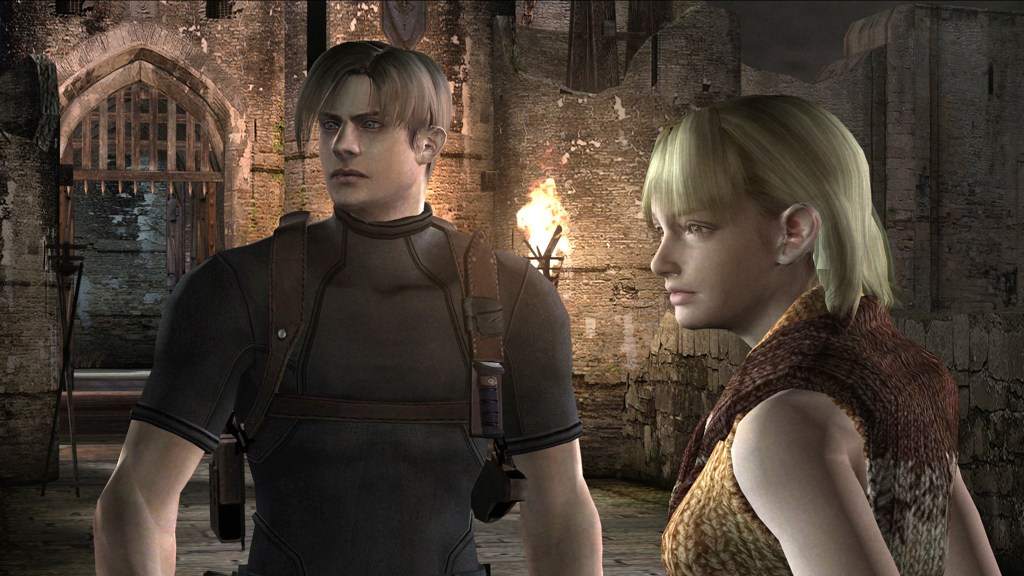
Resident Evil 4 is the most influential game in a year full of influential games. Capcom’s legendary genre-defining action horror title inspired franchises from Gears of War to Dead Space to The Last of Us and revolutionized third-person shooters in an unprecedented way. And while that broader impact is important, Resident Evil 4 was a wonderful reinvention of a series that had grown a little stale.
The more intimate perspective gave players a more active way to dismember the incoming hordes and made it so combat wasn’t an afterthought. The upgrade loop also incentivized multiple runs and meant players could go through this rural part of Spain with bigger and badder weapons each time. And the near-flawless pacing and phenomenal scenario variety meant that it never grew stale or repetitive during those many runs. There’s a reason Capcom has repeatedly remade and ported this totemic title many times over the years.
